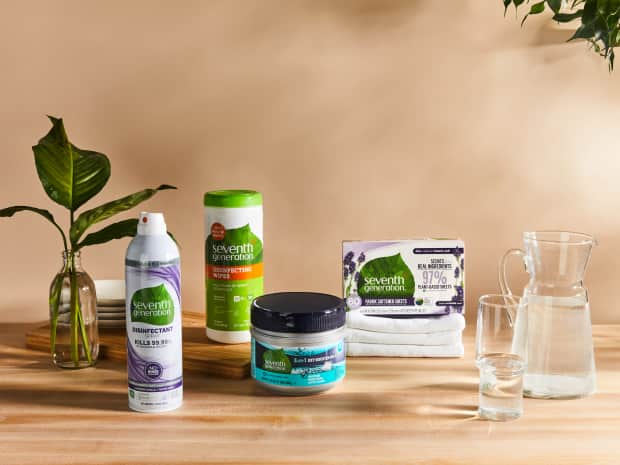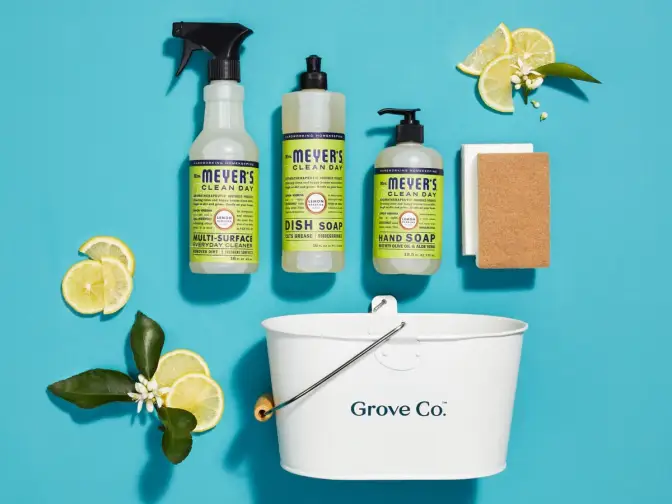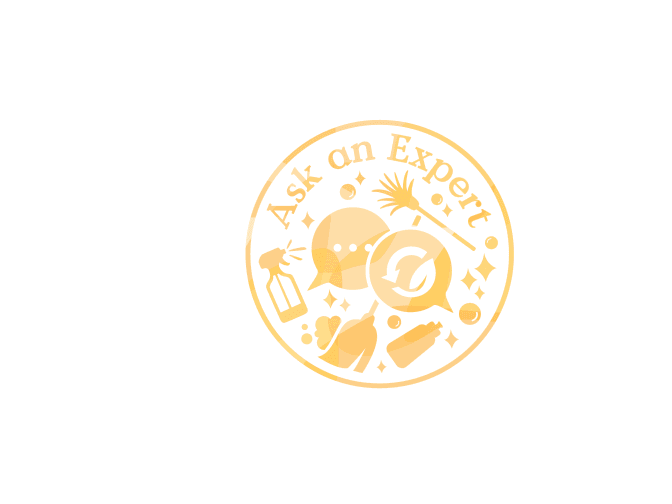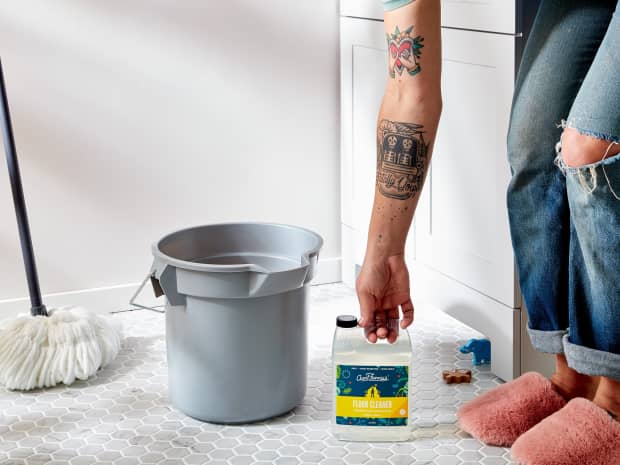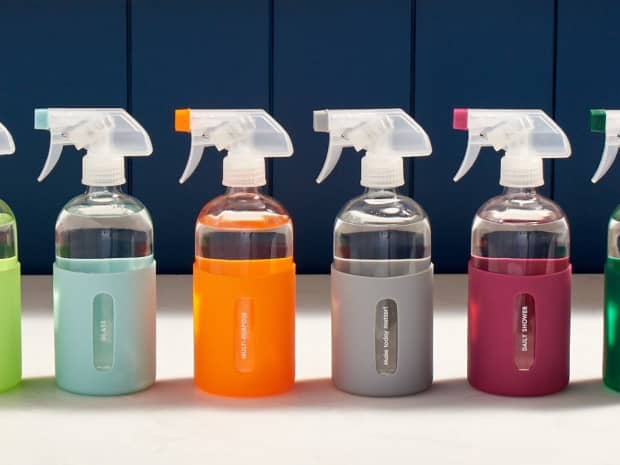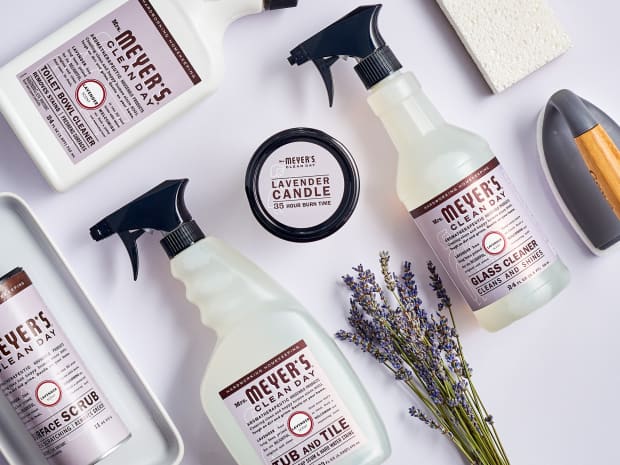
Antimicrobial
Antimicrobial products kill or slow the spread of microorganisms, also known as microbes. Microorganisms include viruses, bacteria, protozoans, and fungi. The EPA regulates antimicrobial pesticides, which are used to kill microbes on countertops and other surfaces. The FDA regulates antimicrobial antiseptics, which are used to kill microorganisms on people, pets, and other living things.

